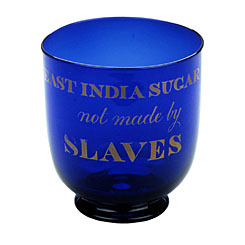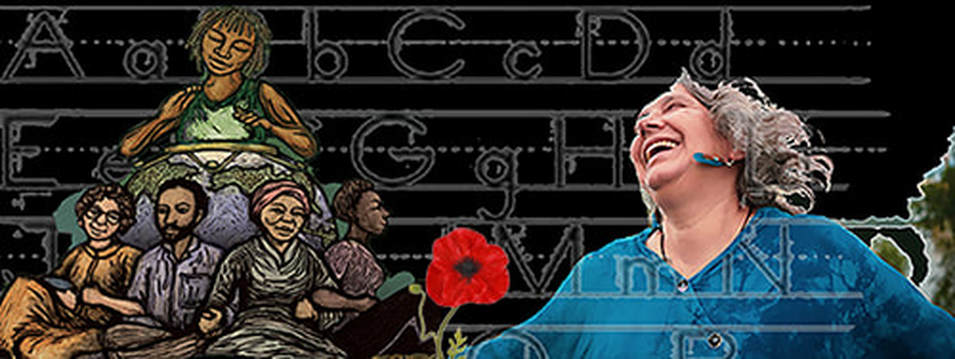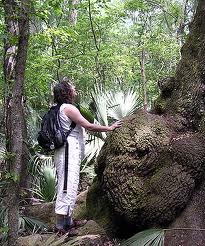 Although the word "boycott" did not come into existence until 1880, organized refusals to purchase goods, participate in activities, or deal with a person, group, or country as a form of protest are much older. One of the most inspiring to me was begun by Elizabeth Heyrick and Susannah Watts, Quaker women living in Leicester, England. Going door to door, they launched a national campaign to boycott goods made by slave labor, focusing on West Indian sugar. They compiled and publicized a national list of those who had pledged to stop using slave produced sugar. Grocers stopped selling it, and promoted East Indian sugar instead. At the height of the boycott, 400,000 people stopped using West Indian sugar. In the United States, a similar boycott led to "free produce" stores that sold only goods produced without slave labor. The boycott didn't destroy the West Indian sugar economy. It wasn't intended to. It was a way to bring the issue of slavery into people's homes, to literally place it on the table, and then offer them a specific action to take, a way to interrupt business as usual and declare their non-cooperation. Taking a moral stand against slavery, even symbolically, changed them, and it changed the conversation. It made the drinking of tea a political act. Either you spooned human suffering into your cup, or you refused to.
1 Comment
|
About Aurora
Aurora Levins Morales is a disabled and chronically ill, community supported writer, historian, artist and activist. It takes a village to keep her blogs coming. To become part of the village it takes, donate here. Never miss a post!
Click below to add this blog to your favorite RSS reader: Archives
September 2017
Categories
All
|


 RSS Feed
RSS Feed
